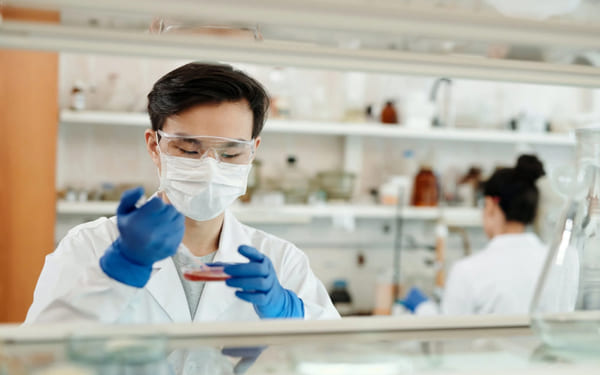
Create a vibrant atmosphere in your garden with stunning wall art outdoor canvases

Are you looking for ways to give your garden a vibrant and colorful look? Then are the stunning garden outdoor wall art canvases a perfect solution! These unique decorative elements can help you create a cozy and creative ambiance in your outdoor space. Whether you love flowers, landscapes, or abstract art, there’s a wide range of garden paintings and canvases available to match your personal taste and style. These outdoor art is specially designed to withstand weather conditions, so you can enjoy them year-round.
With the wall art outdoor canvases from Outdoorcanvas.com, you can visually expand your garden. Hang them on a fence, an unattractive wall, or a bare surface. You can even combine them with other garden accessories to create a beautiful, cohesive design. Let your creativity flow and transform your garden or patio into a vibrant oasis of color and beauty.
Popular Designs and Images
Wall art outdoor canvases come in a variety of designs and styles. Here are some popular options to consider for your garden:
- Flowers: Timeless and popular, floral motifs can add a burst of color and vibrancy to your garden while highlighting the beauty of nature.
- Landscapes: Landscape designs can turn






